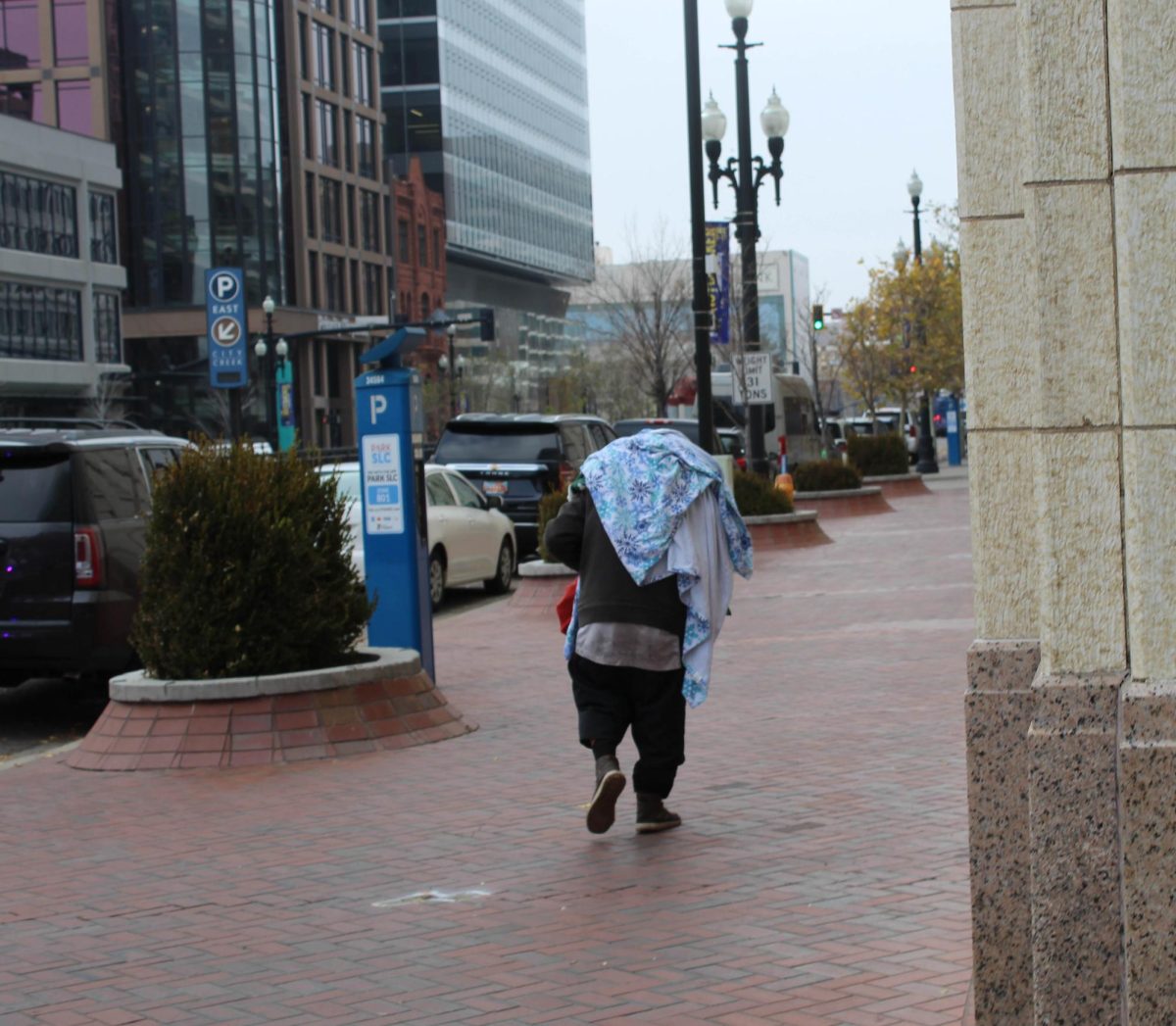
Soon, the elation of celebration will wane, and the panic will set in. The real world looms, and from here, it looks scary.
Breathe.
The fact that you are still a student gives you some advantages. The same way that children under two fly for free, students get some breaks in a couple of the crucial steps in launching a career.
And you, my friend, are still considered a student, even after you walk.
Here are three important ways you can leverage that student status until, like trick-or-treating on Halloween, it’s just too embarrassing to try anymore.
1. Join a professional organization.
How many times have you heard, “It’s not what you know. It’s who you know.” There’s a reason for that: employers are human, and they tend to trust people who come to them through a personal connection.
How do you get that connection? By networking.
Every industry has a professional association and various offshoots of professional organizations. Engineering, business, the health professions, art, music, political science, the media — they all have them.
Oboe? There’s the International Double Reed Society. Respiratory therapy? Try the American Association for Respiratory Care. Archaeology? The Archaeological Institute of America is the ticket.
At The Signpost, young reporters are launching campus chapters of the National Association of Hispanic Journalists and the National Association of Black Journalists. Several students have asked me, “Is that a thing?” Yes, it’s a thing, and not just in journalism. And you don’t have to have a campus chapter to join.
Check out the National Society of Black Engineers, the Asian American/Pacific Islander Nurses Association Inc., the Philippine Political Science Association, the Hispanic Association of Colleges and Universities.
They all have special rates for students, often a fraction of what it costs for professionals, and most of them allow you to join as a student even the summer after you graduate. Most of these associations include job postings specific to that industry, which is so much better than Indeed.com.
The real value in these associations, however, is the networking, which brings us to the next step:
2. Call people who have the job you want and talk to them about how they got there.
When you are deep into the job hunt, no one will return your calls. But when you retain your student status, you can reach out to professionals, especially ones in the association you just joined, and ask for advice.
They remember what it was like to start out, and most successful professionals are happy to impart their wisdom unto you. It makes them feel like they know what they’re doing.
When you are a student, you are asking for no more than a little time. Once you are a job candidate, the assumption is that you are asking for help getting a job. That is a lot harder.
If you time it just right, the professional may provide you with job hunting tips or may invite you to call back when you start looking.
Cha-ching.
You got your foot in the door as a student and now have a valuable professional in your network, which can help you with the next step.
3. Include internships in your job hunt.
Students have asked, “Can I do an internship after I graduate?” Yes and hell yes. As Carol McNamara of the Olene S. Walker Institute of Politics and Public Policy is fond of saying, “Internships are the new job interview.”
An internship allows you and the potential employer to get to know each other without a long-term commitment. It’s like the first couple of dates after a Tinder swipe. The good ones can turn into the real thing, but you can still keep looking.
The point is, keep an open mind. In most professions, you will learn more in one year on your first job than you did in four years of college. And, to be honest, sometimes what you learn is you need another job. It doesn’t matter whether it’s an internship or a full-time gig. Put it in your resume.




















